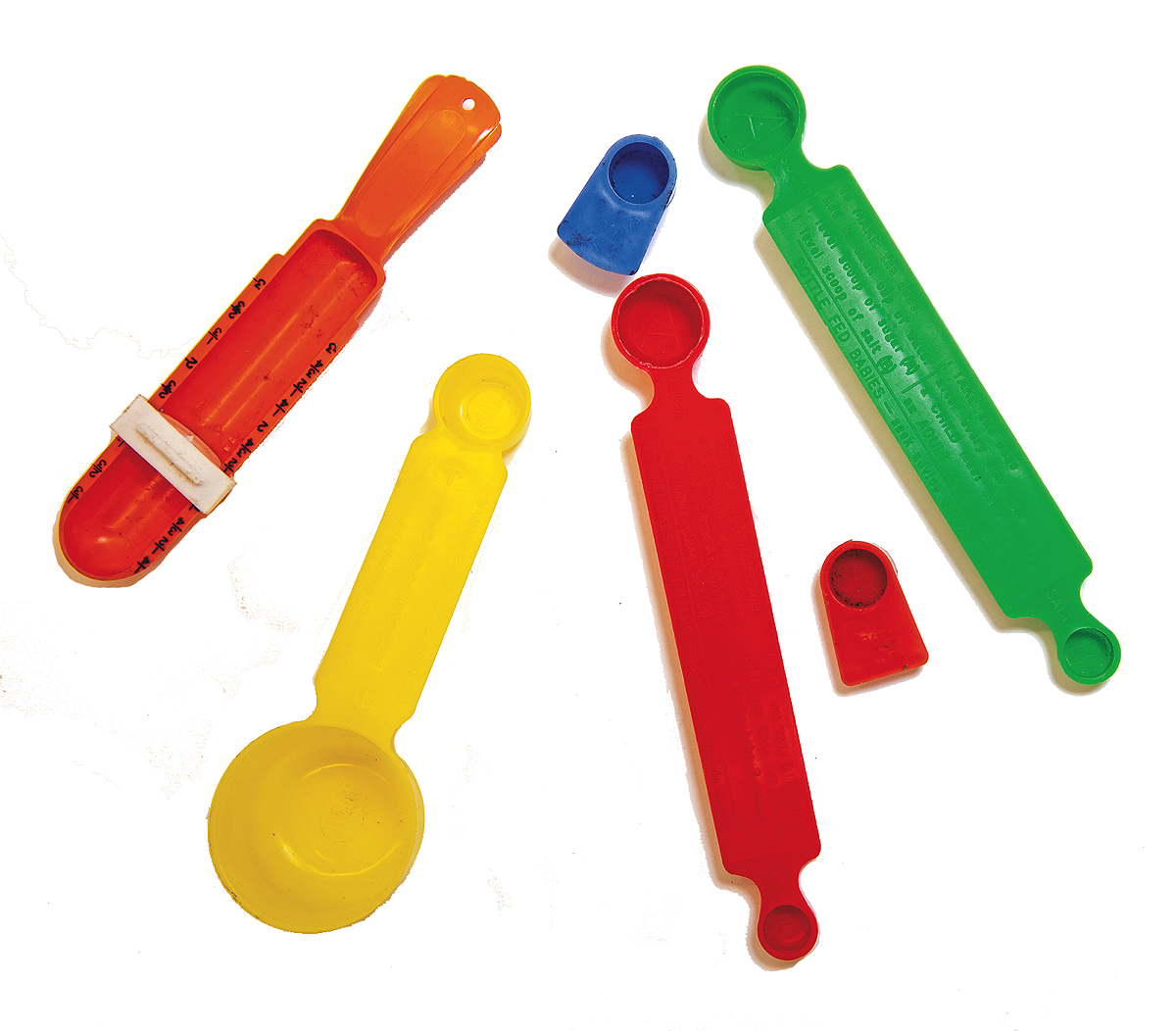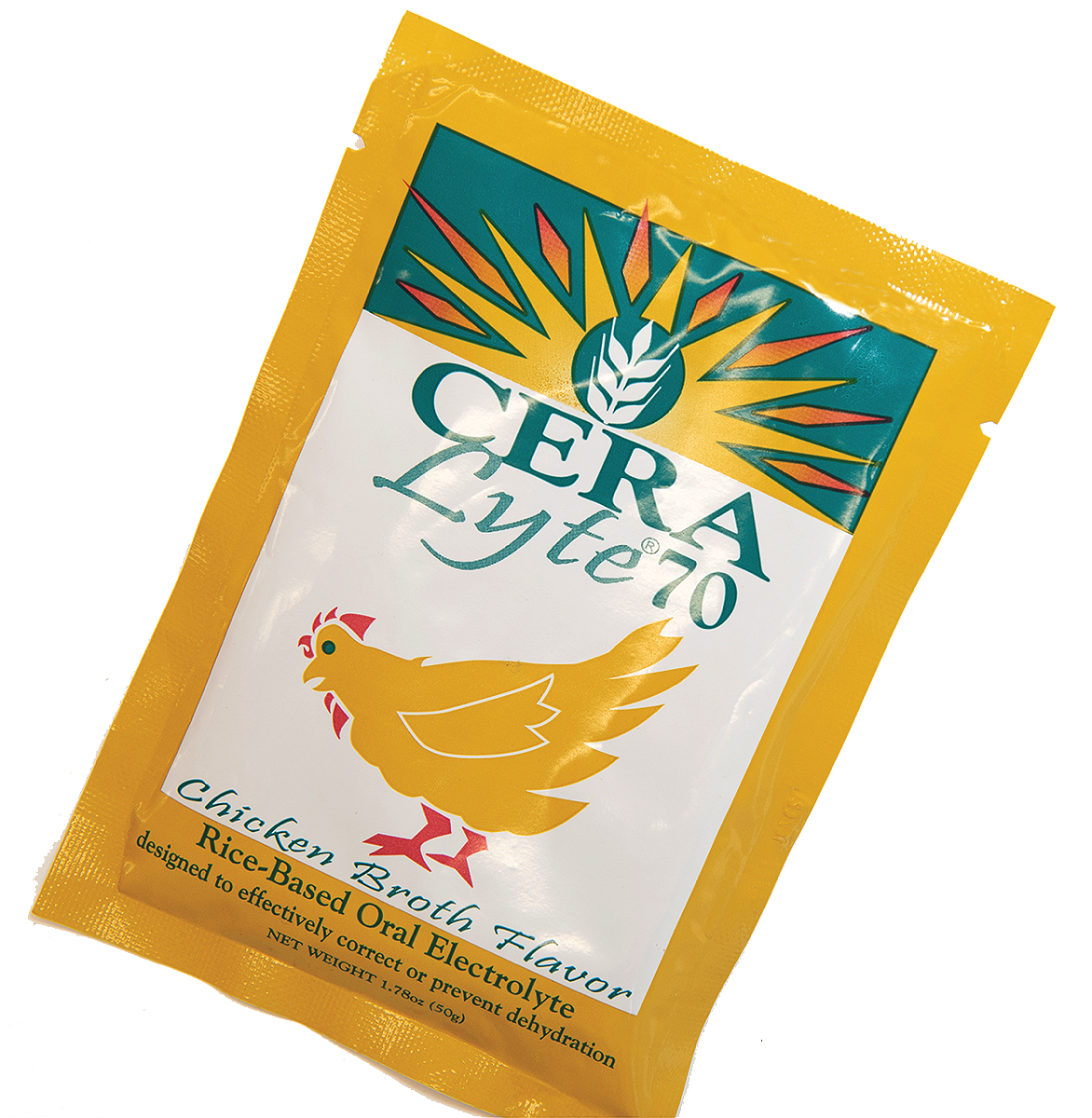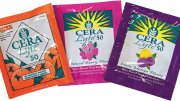In the 1960s, East Pakistan (now Bangladesh) faced a grave problem. Twice a year, the Ganges-Brahmaputra Delta would swell, overrun privies, and spread cholera and other diarrheal diseases. Cholera had no accessible cure. Patients would come to urban hospitals to receive IV infusions, but many who could not reach a city would die.
Richard Cash first traveled to East Pakistan in 1967. A self-described pacifist living in an age of mandatory physician conscription, he joined the National Institutes of Health rather than serve in Vietnam. The NIH sent Cash—who is now a senior lecturer on global health—to Dhaka, where he joined the Pakistan-SEATO Cholera Research Laboratory.

Throughout the twentieth century, doctors in South Asia experimented with oral treatments for cholera dehydration. Researchers found that a solution including both sugar and salt enabled the intestines to absorb more water and overcome dehydration. But nobody had determined the proper ingredient ratio, and few physicians believed severely dehydrated patients could drink enough on their own to heal.
Cash saw how a serious case of cholera could turn someone “from a grape to a raisin” in just a few hours. After some tinkering, he and his colleagues began the first successful clinical trial of an oral rehydration therapy (ORT). Their mix of salt, sugar, and water helped patients return to their normal, hydrated state almost as quickly as they had sickened—and reduced the use of IV fluids, reserving that more complicated treatment for unconscious patients.

At the Center for the History of Medicine in Harvard’s Countway Library, Cash’s collection of ORT compounds and measuring devices tells part of the story. But the packets and spoons pictured were too expensive to distribute in rural areas. Instead, a globally accessible rehydration drink would have to use readily available ingredients and be easy to make.
After Cash left Dhaka (he has returned at least annually ever since), the research group adjusted the formula: a three-finger pinch of salt, a fistful of unprocessed sugar, and a half liter of water. Health educators traveled from town to town teaching women about the therapy and scratching pots at the half-liter mark. Five decades later, ORT has saved an estimated 50 million-plus lives worldwide.
The story of ORT, Cash believes, can inspire researchers today. Among its lessons are, first, to think simply: the two innovations most responsible for reducing diarrheal deaths—sanitary cholera cots and ORT—are inexpensive and uncomplicated. The second was the importance of helping the target community ensure effective implementation. “A solution that can’t be applied,” he says, “is really no solution at all.”









